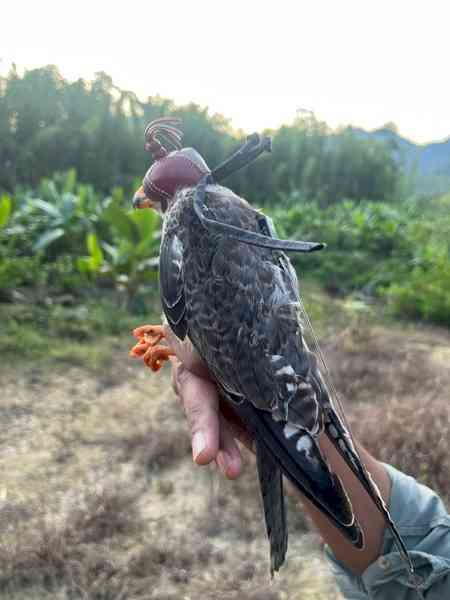PU Researcher prepared Plastic Free Edible Biodegradable Film for Packaging Industry
A novel work on the synthesis and development of biodegradable plastic free edible bio-film for applications towards food packaging for the industry has been conducted recently by a team of researchers including Dr. Vishal Sharma, faculty at Institute of Forensic Science; his research student: DST INSPIRE FELLOW Sonal Choudhary at IFSC, P.U.; in collaboration with Dr. Vijay Kumar, NIT Srinagar and Dr. Kashma Sharma from DAV college, Chandigarh.

Chandigarh, February 22, 2023: A novel work on the synthesis and development of biodegradable plastic free edible bio-film for applications towards food packaging for the industry has been conducted recently by a team of researchers including Dr. Vishal Sharma, faculty at Institute of Forensic Science; his research student: DST INSPIRE FELLOW Sonal Choudhary at IFSC, P.U.; in collaboration with Dr. Vijay Kumar, NIT Srinagar and Dr. Kashma Sharma from DAV college, Chandigarh. A patent has been filed on this work to the Controller General of Patents, Designs and Trade Marks in India.
Dr. Vishal Sharma informed that a novel material have been developed in his material research laboratory that will replace all food packaging films/wraps/any packaging application where currently industry is using plastic based packaging films this will also solve the problem of tons of plastic waste accumulating in the environment and hence it will lead to applications towards circular economy which the world is looking for. Dr. Vishal Sharma further informed that in his research group and collaborators in the functional material laboratory in the Department is working for the promising applications for various issues and in fact developed solution for many applications pertaining to material for waste water treatment, controlled drug delivery, and material for environmental forensics.
In the current work they formed a biodegradable edible biofilm in this investigation which can be used in many applications like food packaging, plastic free cling film, and any type of packaging of food or any other material which demands plastic free environment. They claim that the poor breathability and biodegradability of various food packaging biofilms limits their commercial marketability. However, the majority of food packaging materials on the market are comprised of non-biodegradable synthetic materials (Polyvinylchloride, polyethylene terephthalate, polypropylene, polyethylene, polyamide, and polystyrene), which, despite having excellent barrier and resistant capabilities, are causing significant damage to the environment due to their persistent presence in the environment after their use. Further they said that reports are there which confirms that due to extensive use of plastic on this earth the micro level plastics are there in our food chain too which disrupts our endocrine system of the body. For this reason, designing material with desirable properties and that too 100% plastic free makes advantage over the other such material which uses small amount of plastic polymers. The formation of edible bio-film can extend the shelf life of perishable food products while also overcoming the major obstacles connected with the fabrication of safe and ecologically friendly food packaging solutions. They have also added that the edible film showed complete biodegradability, which can be potentially applied as a greener and potential alternative to conventional food packaging films, which are capable of inhibiting and altering food spoilage.
According to the researchers, this innovative packaging materials is made up from raw materials generated from renewable sources from the plants. When compared to plastic film wrapped fruits, which showed a high rate of ripening and ageing, the edible bio-film acting as a wrapping material reduced the ripening and ageing process of mango and grapes for several days. This novel packaging allows for more time to transport various types of dry foods, fruits, reducing spoilage and thus lowering costs. Furthermore, a longer shelf life allows suppliers to increase their sales and the reputation of their company. Cytotoxicity tests revealed that in vitro cell viability and cell survival against normal cells were nontoxic, indicating that our biofilm is safe. All these unique features make these biofilms highly applicable for use as green packaging material to preserve food and as a way to address the issues posed by environmental pollution caused by plastic waste materials to a certain extent across the globe.



 City Air News
City Air News 










